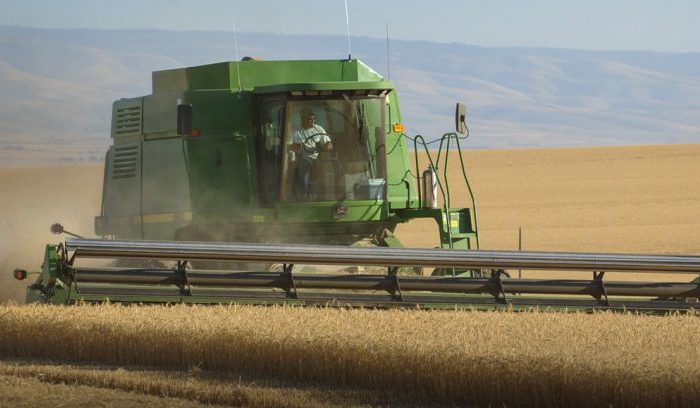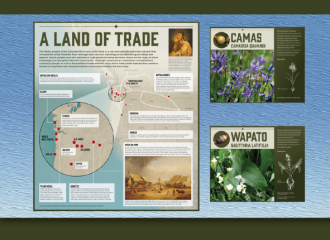As Oregon and the United States continued to take urgent steps to stop the spread of the coronavirus, supply chains were disrupted worldwide – leading to economic uncertainty around the globe. Oregon is a trade-dependent state, so we’re all paying close attention to these conversations and trends.
Here are a few of the April stories and podcasts that many of us at the Port of Portland followed to stay on top of international trade issues and policies.
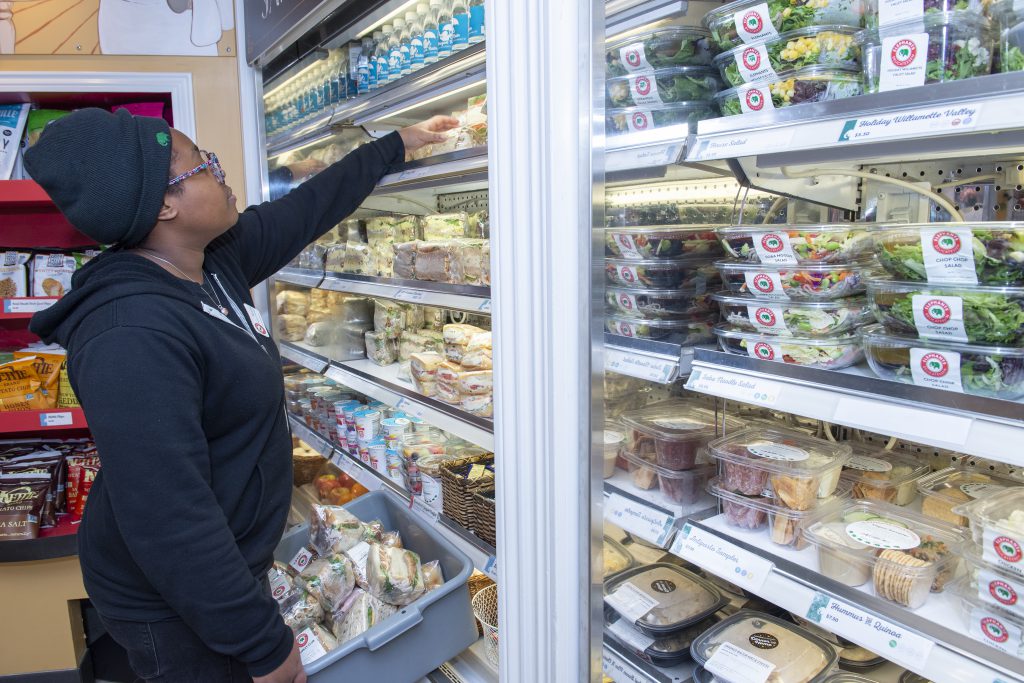
Global Trade Sputters, Leaving Too Much Here, Too Little There – April 10, 2020
“Factories are idled. Workers are in lockdown. Goods are piling up at some ports, while elsewhere container ships sail empty. Dairy farmers are dumping their milk, while toilet paper aisles at the grocery store have been picked bare.” This New York Times piece from Ana Swanson highlights how the spread of coronavirus has disrupted global supply chains, leading to shortages and price increases.

COVID-19 Considerations Bring Confusion, Uncertainty to Northwest Family Farms – April 14, 2020
Agricultural goods are one of Oregon’s top exports. So how is the COVID-19 pandemic impacting local growers? According to this OPB story, growers are struggling to ensure work environments are safe. And the uncertainty around international markets – combined with a reduction in demand from restaurants – has many Pacific Northwest farmers concerned about the future.
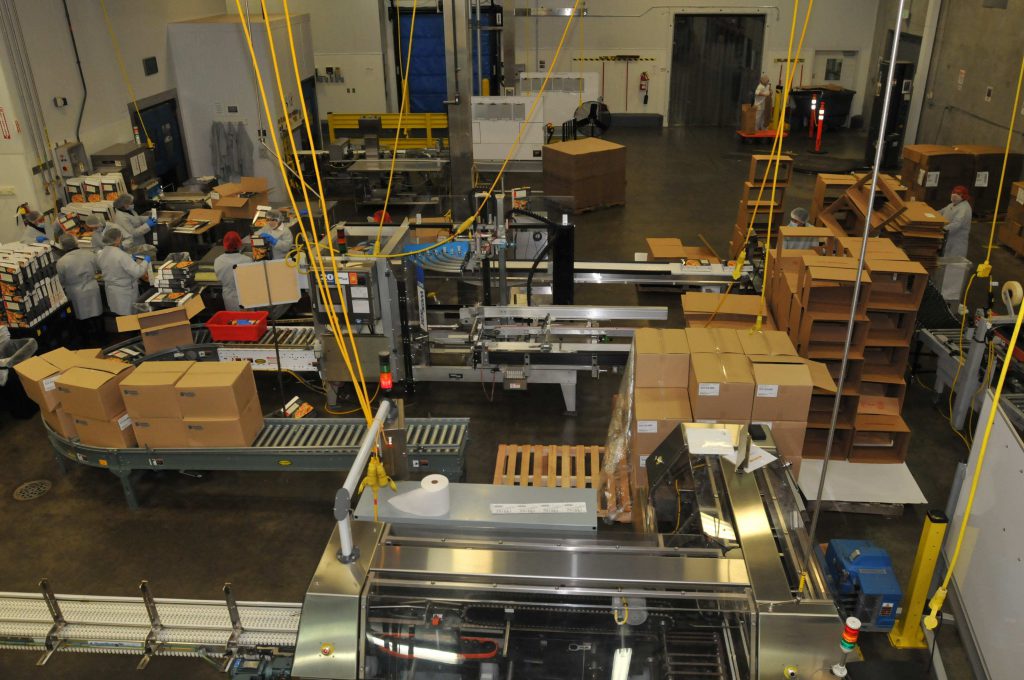
U.S. Suspends Tariffs for Some Importers Affected by Coronavirus – April 19, 2020
Businesses have been hit hard by escalating tariff threats in recent years. The increasing uncertainty during COVID-19 has amplified these concerns. This Wall Street Journal article shares the Trump administration’s plans to delay import tariff payments due to economic hardship triggered by COVID-19, while also detailing how the relief was much more limited than leaders had signaled.
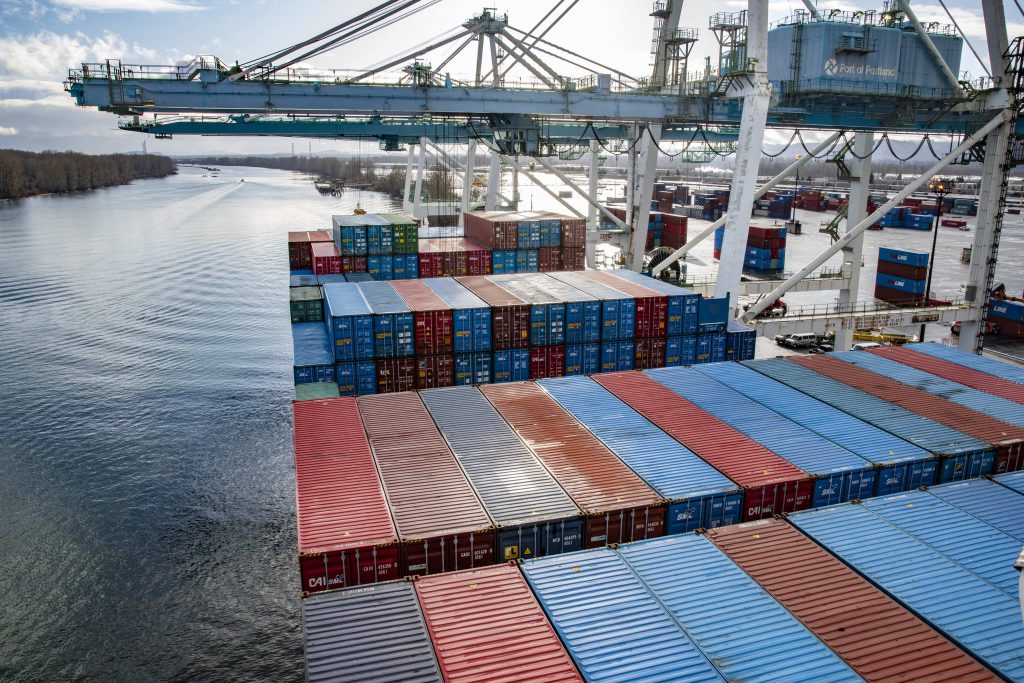
Opinion: Rebuilding Oregon’s trade-dependent economy – April 19, 2020
Nearly 90% of all exporters in Oregon and SW Washington are small- and medium-sized businesses. In this Oregonian op-ed, Maria Ellis with the Pacific Northwest International Trade Association and Avery Pickard of the Oregon Economic Development Association describe what government can do to help these small businesses and their employees.
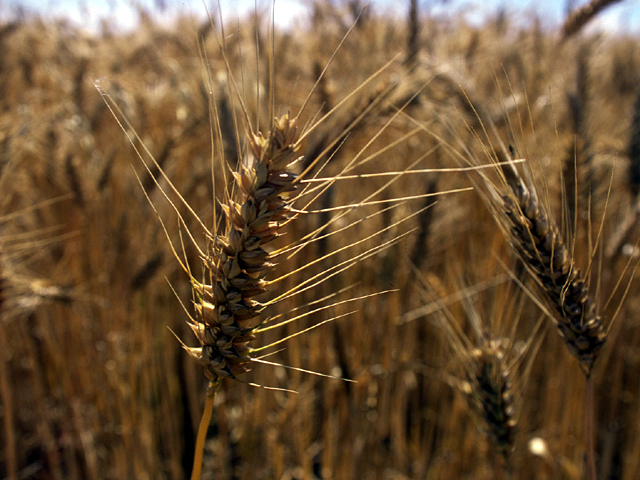
Quarantine baking trend has Oregon mills running overtime, home bakers hunting for flour – April 20, 2020
As the region continues to stay home to save lives, many have turned to baking – causing a flour shortage at many grocery stores. How is it impacting local wheat growers? More than 85 percent of the wheat produced in Oregon is exported to Asia. But as this Statesman Journal piece notes, Asia prefers soft wheat varieties – not the hard types of wheat used for baking bread.
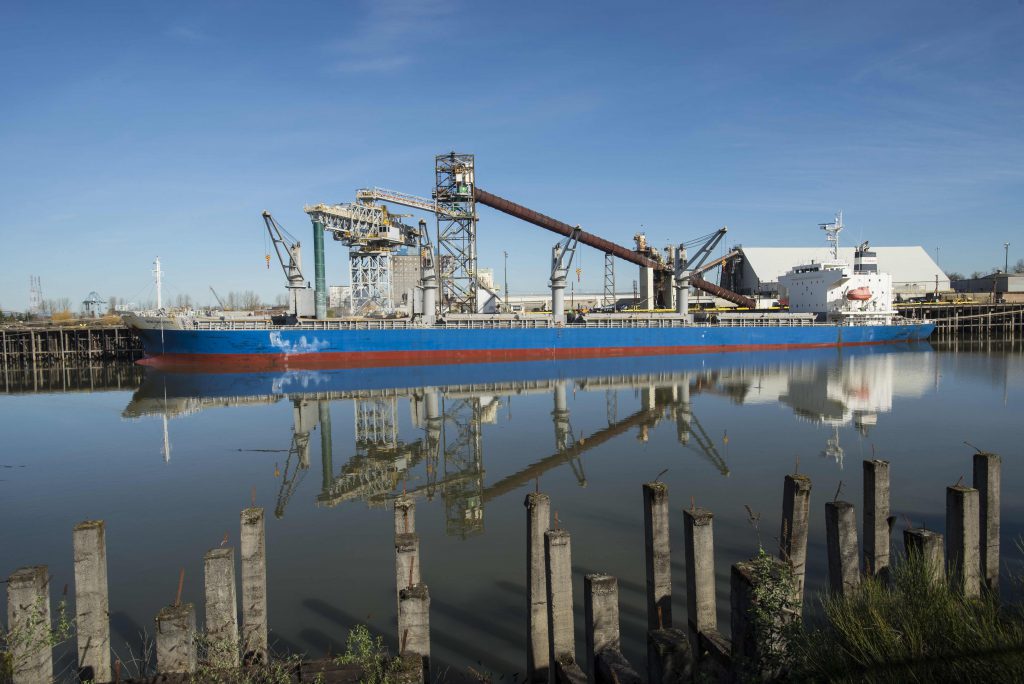
The pandemic adds momentum to the deglobalization trend – April 23, 2020
The coronavirus pandemic has led to an increasing number of conversations about trends in globalization. In a blog for the Peterson Institute for International Economics, Douglas A. Irwin says that in response to the current health and economic crisis facing countries like the U.S., “policymakers appear poised to take deliberate steps to reinforce the movement toward deglobalization.”
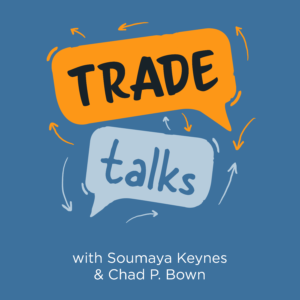
Beautiful Trade in Ugly Times – April 26, 2020
While we all understand trade at its most basic level, it’s helpful to hear from someone whose livelihood is impacted by it. The fantastic Trade Talks podcast reached out to Audrey Ross of Orchard Customs Beauty to explain the complexities of international trade through the lens of nail polish, lipstick and other cosmetics. This industry already had to deal with unique customs and logistical challenges. Listen to this insightful conversation that unpacks how things are being further disrupted by COVID-19.
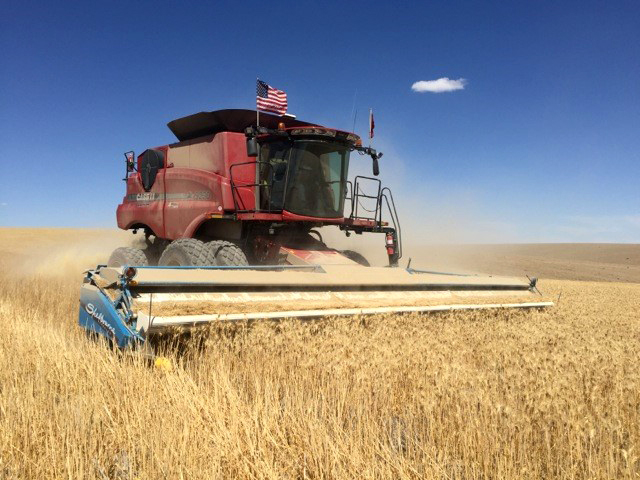
Trump’s Trade Deal With China Is Another Coronavirus Victim – April 30, 2020
The coronavirus has disrupted phase one of the U.S. trade deal with China. As this Wall Street Journal piece highlights, farm goods were a major element of that deal. However, with U.S. food processing and logistics disrupted, April’s export number to China is likely to be weak. With the picture for energy and manufacturing looking even worse, it seems unlikely this year’s trade-deal targets will be met.
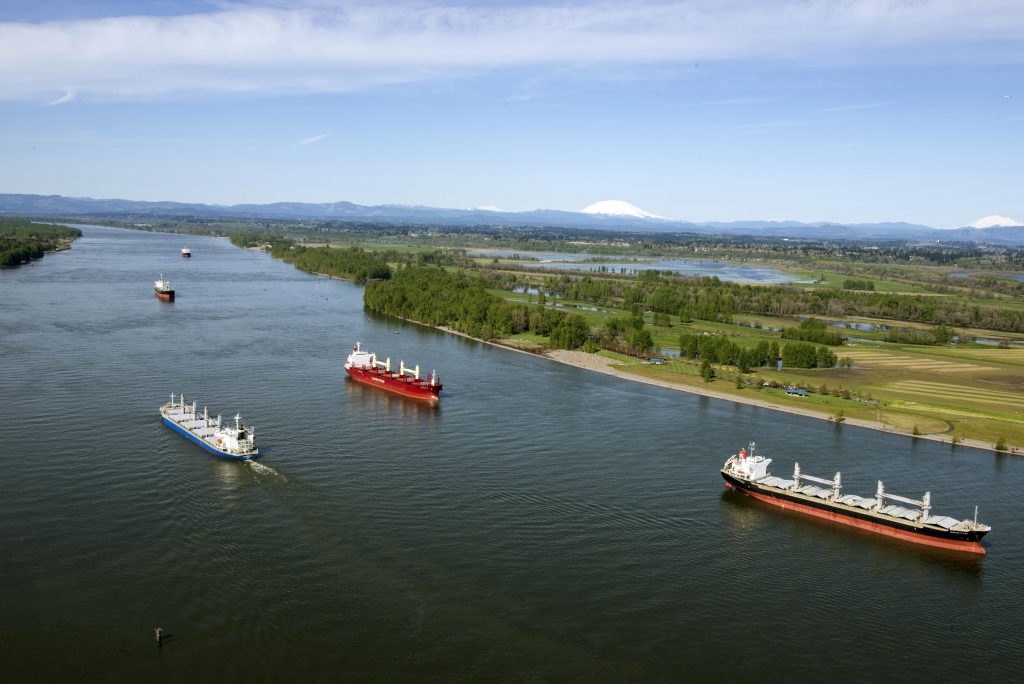
At the Port of Portland, our operations are closely connected to international trade. We help ship fresh cherries overnight via air cargo, send wheat to Asia via ocean-going vessels, and revitalize industrial land to create more trade-connected manufacturing jobs.
While we are experiencing some declines in auto imports and exports during the coronavirus pandemic, most of our marine business continues to operate at normal levels right now. However, in this ever-changing COVID-19 world, we continue to keep an eye on trade trends and how they might impact our region and our marine operations in the future.

